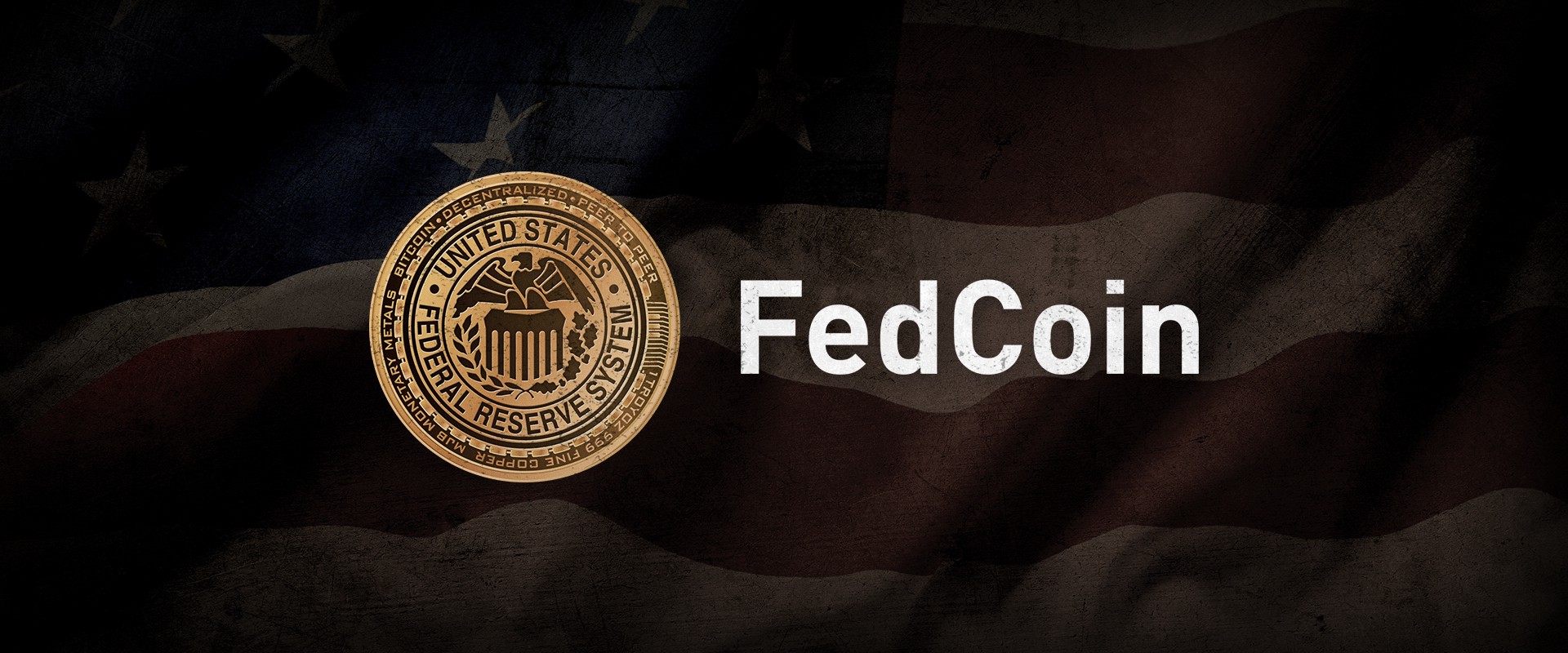PALO ALTO, Calif. (Reuters) - The Federal Reserve is looking at a broad series of problems around digital payments and currencies, consisting of policy, style and legal considerations around possibly issuing its own digital currency, Guv Lael Brainard said on Wednesday. Brainard's remarks suggest more openness to the possibility of a Fed-issued digital coin than in the past." By transforming payments, digitalization has the prospective to deliver greater value and convenience at lower cost," Brainard stated at a conference on payments at the Stanford Graduate School of Business.
Reserve banks globally are disputing how to manage digital finance technology and the dispersed journal systems used by bitcoin, which assures near-instantaneous payment at potentially low cost. The Fed is developing its own day-and-night real-time payments and settlement service and is currently examining 200 comment letters sent late last year about the proposed service's style and scope, Brainard said.
Less than 2 years ago Brainard told a conference in San Francisco that there is "no compelling showed need" for such a coin. But that was before the scope of Facebook's digital currency aspirations were extensively known. Fed authorities, including Brainard, have raised issues about customer securities and data and personal privacy hazards that could be positioned by a currency that could come into use by the 3rd of the world's population that have Facebook accounts.

" We are collaborating with other reserve banks as we advance our understanding of reserve bank digital currencies," she stated. With more nations checking out providing their own digital currencies, Brainard said, that includes to "a set of reasons to also be making certain that we are that frontier of both research and policy development." In the United States, Brainard said, concerns that need research study consist of whether a digital currency would make the payments system much safer or simpler, and whether it might position financial stability dangers, including the possibility of bank runs if cash can be turned "with a single swipe" into the central bank's digital currency.
To counter the financial damage from America's unmatched national lockdown, the Federal Reserve has taken extraordinary actions, including flooding the economy with dollars and investing straight Click here for more in the economy. Most of these moves received grudging approval even from numerous Fed doubters, as they saw this stimulus as required and something only the Fed might do.
My brand-new CEI report, "Government-Run Payment Systems Are Unsafe at Any Speed: https://s3.us-east-1.amazonaws.com/palmbeachresearchgroup2/index.html The Case Against Fedcoin and FedNow," information the threats of the Fed's current strategies for its FedNow real-time payment system, and propositions for main bank-issued cryptocurrency that have been dubbed Fedcoin or the "digital dollar." In my report, I talk about issues about privacy, information security, currency manipulation, and crowding out private-sector competition and development.
Supporters of FedNow and Fedcoin state the government needs to develop a system for payments to deposit instantly, rather than motivate such systems in the economic sector by lifting regulatory barriers. But as noted in the paper, the economic sector is providing an apparently endless supply of payment technologies and digital currencies to fix the problemto the degree it is a problemof the time gap between when a payment is sent out and when it is gotten in a savings account.
And the examples of private-sector development in this location are many. The Cleaning House, a bank-held cooperative that has actually been routing interbank payments in numerous types for more than 150 years, has been clearing real-time payments considering More helpful hints that 2017. By the end of 2018 it was covering 50 percent of the deposit base in the U.S.